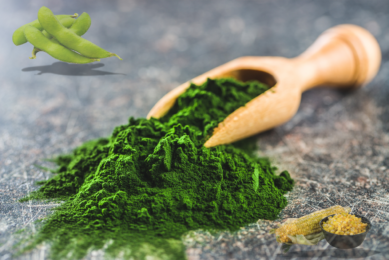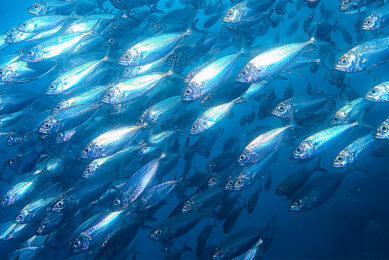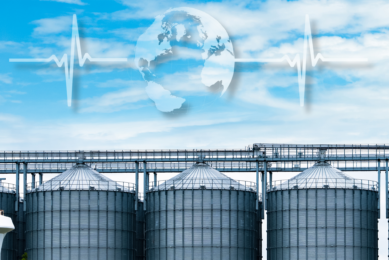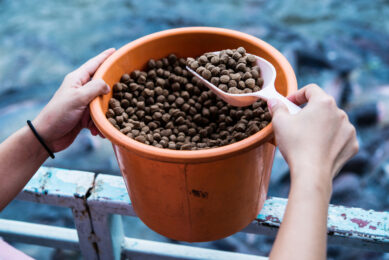Croatian fish: A big catch for exports
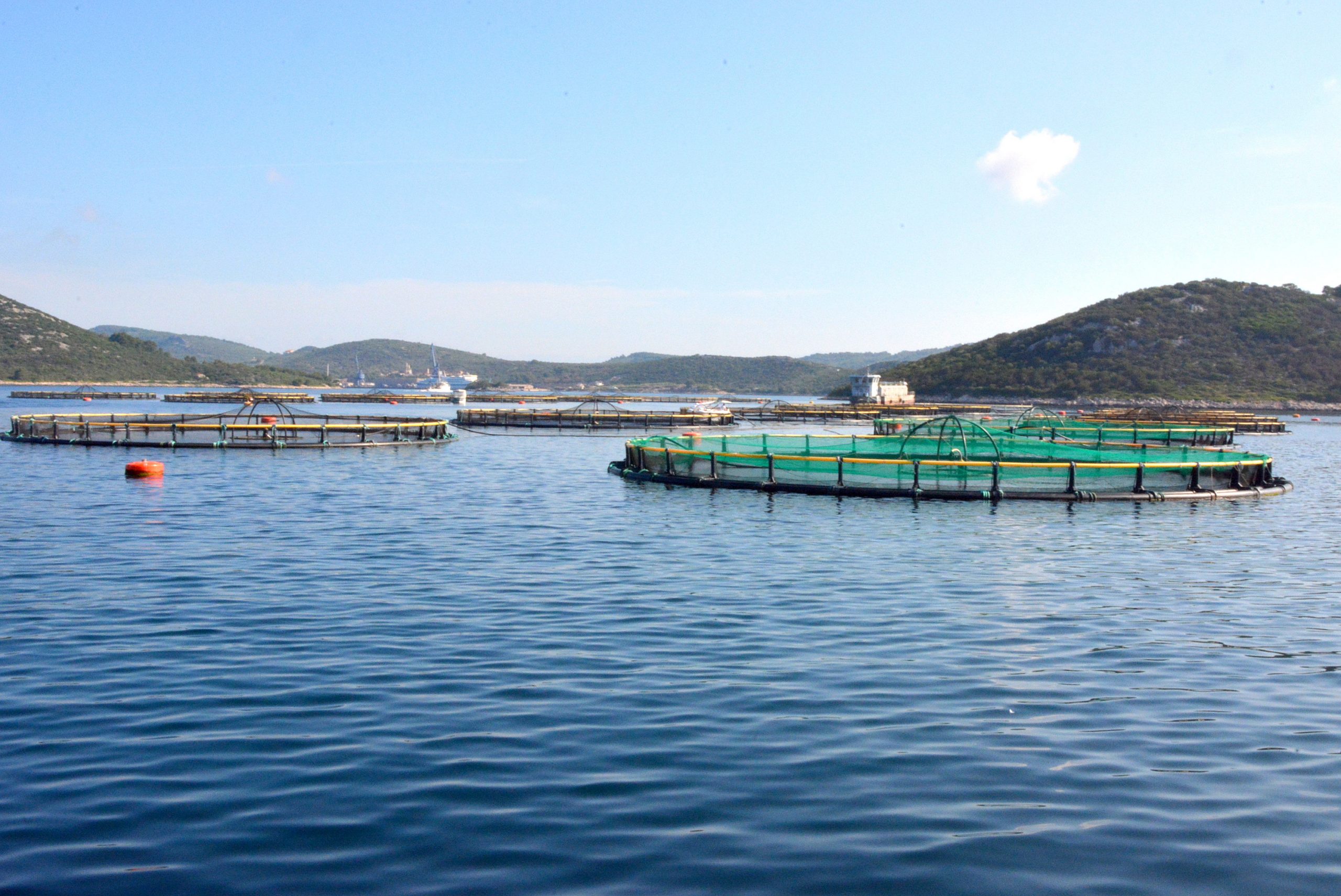
With such high quality of water in the Adriatic Sea fish produced in Croatia is in big demand across Europe and boosting exports from this former Yugoslavian country.
One of the country’s top fish producers is Cromaris which has a number of fish farms on the Adriatic Sea and a processing factory near Zadar. The company produces fresh white fish including sea bass and sea bream as well as the larger Meagre fish, primarily for the export markets with Italy being the best customer.
Large portion is exported
Cromaris is one of the 10 biggest sea bass and gilt-head sea bream farming companies in the world exporting over 75% of its production overseas. Last year the company produced 7,334 tonnes of fish, which represents an increase of 6.5%over the previous year. This year it is looking like the production will rise again ranging from 9,000 to 10,000 tonnes.
7 fish farms
Since 2009, Cromaris has invested € 122 million in its development which has helped achieve access to new markets and expand its product portfolio. Cromaris has 7 fish farms including a pre-growing unit with fish ranging from 3g to 50g; another one where the average weight is 400g; an experimental site and a research site. With heavy investment the fish farms are among the most modern in the Adriatic equipped with top of the range automatic feeding systems, underwater cameras, net-cleaning robots and a modern fishing fleet.
Using data to optimise whole chain
Dane Desnica, Cromaris production director, said: “All of this enables us to fish 6 days per week, quickly ship the fish from farms to sorting centres and deliver fish to the market in only a few hours after capture. “The entire fishing process is carefully supervised and data from all stages of production, processing and distribution is transmitted, ensuring full traceability of raw material to the finished product; from the hatchery to the farm, processing, logistics; all the way to the retail locations,” he said. In order to meet customer requests, Cromaris offers packed and gutted fresh fish, fillets and slices. And, using traditional methods, fresh fish is also made into delicacies such as smoked and marinated sea bream and sea bass fillets. All Cromaris products are distinguished by their exceptional freshness without any preservatives or GMO ingredients.

Developing own fish feed formulations
Cromaris constantly invests in research and development, continuously developing new projects. Dane added: “Fish feed accounts for 60 to 70% of our costs, so in 2017 we developed our own fish feed formulations, unique on the market, which impacts the nutritional composition of fish as a final product. “With the introduction of new fish feed Cromaris has succeeded in further enriching its products with Omega-3 fatty acids, which have a positive impact on human health. “We use fishmeal, vegetable products and soya in our fish feed but do not use any GMO products or no land animal proteins.
List of certificates
Cromaris is certified according to ISO 9001, 14001, 22000 standards, Food Safety System Certification and IFS Food for quality, environmental management and food safety. The company also holds Global GAP and Friend of the Sea certificates for aquaculture sustainability, as well as Kosher and Croatian Creation certificates. The company is also working on organic fish production, which is a rising global trend in sync with growing health awareness. Cromaris organic sea bass and sea bream is farmed using strict environmental standards according to EU organic farming certificate, Bio Siegel, Agriculture Biologique and Naturland organic farming certificates.
Aquaculture in Croatia In 2015, the total number of aquaculture production centres in Croatia was 419, including 369 marine farms and 47 freshwater farms which are mostly represented with the microscale enterprises, in particularly, family owned farms. In freshwater fishing, carp is traditionally farmed in the county of Slavonia, the lowland part of the Eastern Croatia. Common carp represents 82% of the total national carp production, whereas the rest is made up by Bighead carp, Grass carp, and Silver carp. |




